
Product information
Clemens Busch Riesling Marienburg Spätlese 2020
$90
Description
AP: 06 21. The 2020er Marienburg Riesling Spätlese, as it is referred to on the main part of the consumer label, was made from fruit picked at 86° Oechsle and was fermented down to sweet levels of residual sugar. It offers a backward nose made of melon, smoke, starfruit, herbs, and minerals. The wine is only subtly creamy on the overall rather racy palate and leaves a beautiful feel of ripe fruits packed into zesty minerals in the finish. The featherlight side of this Spätlese paired with its flavor intensity are simply a thing of beauty. However, this wine really needs time to reveal all its facets. 2030-2045
Jean Fisch & David Rayer, Mosel Fine Wines
Only 2 left in stock
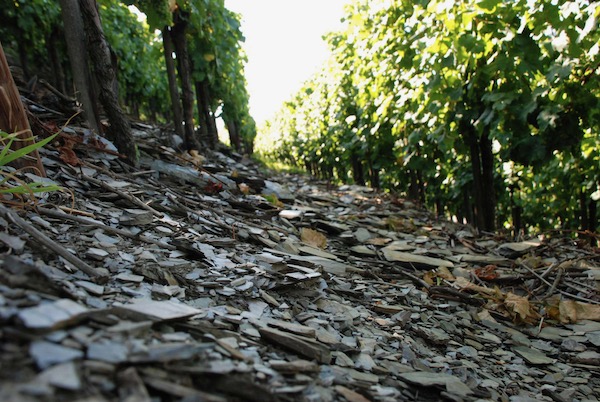
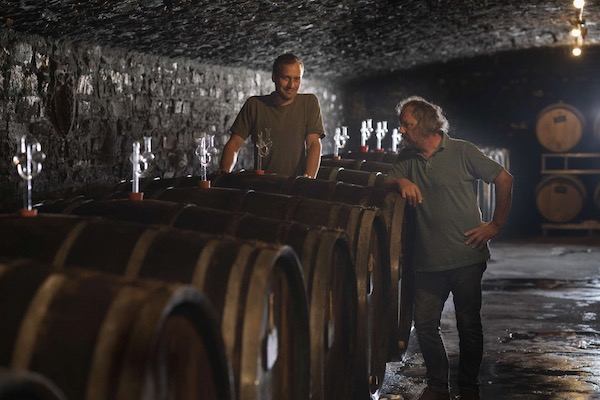
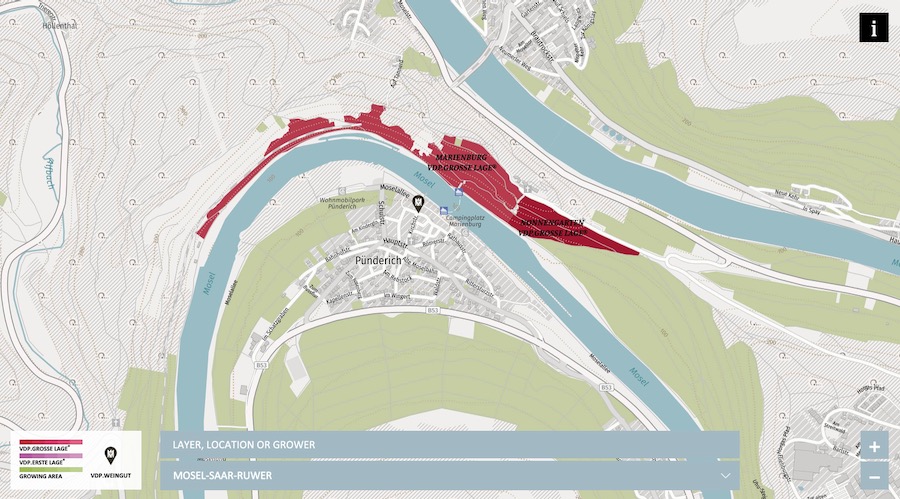
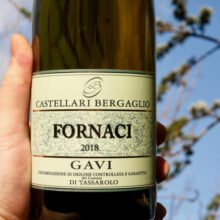

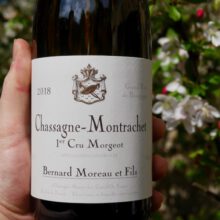
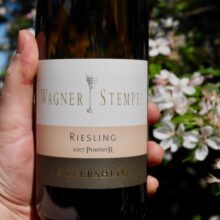
You must be logged in to post a comment.